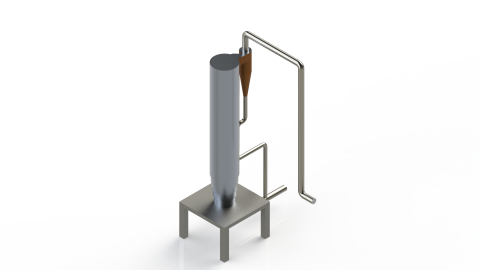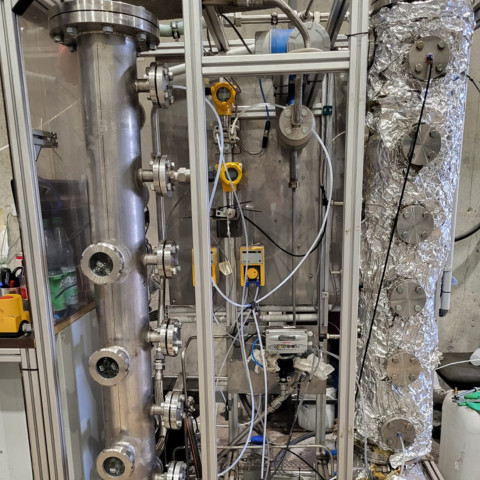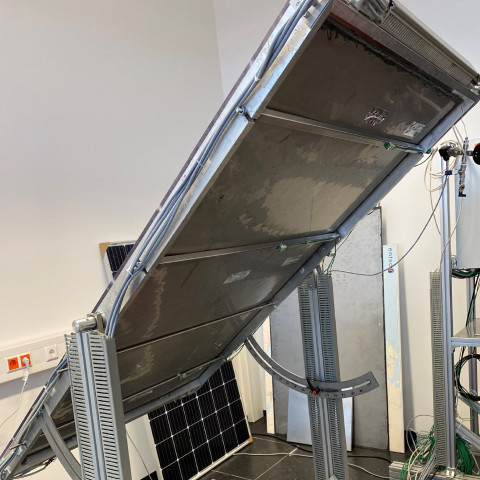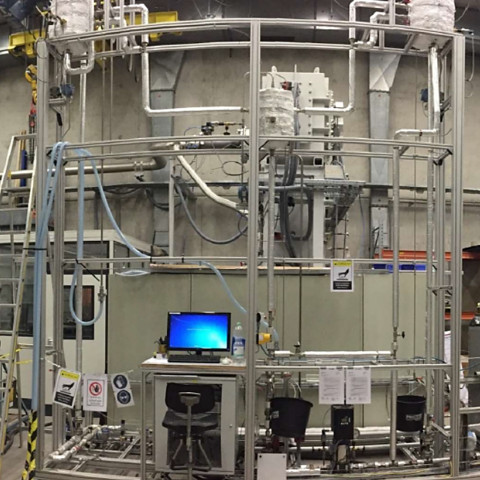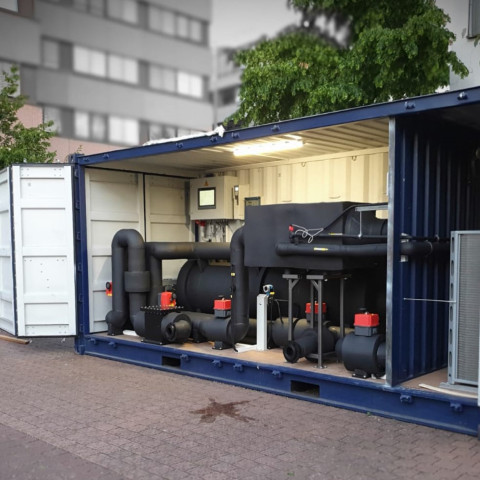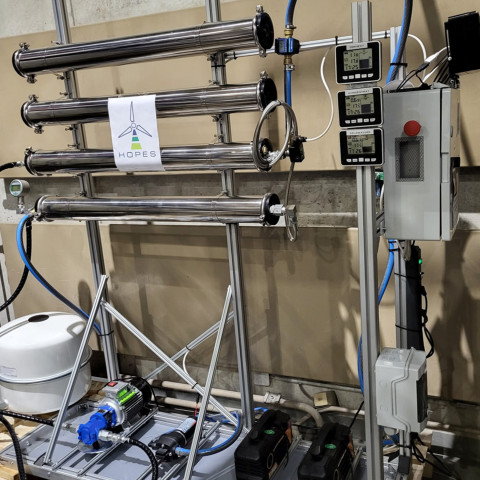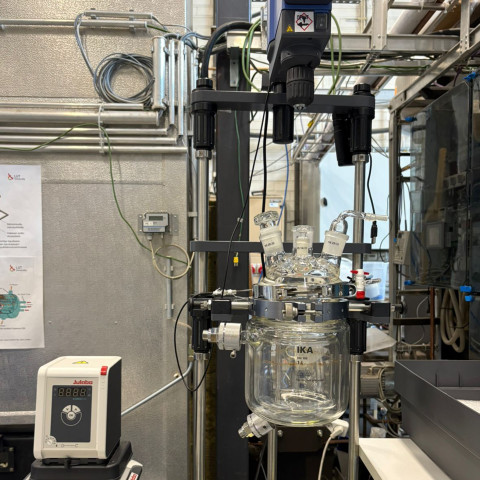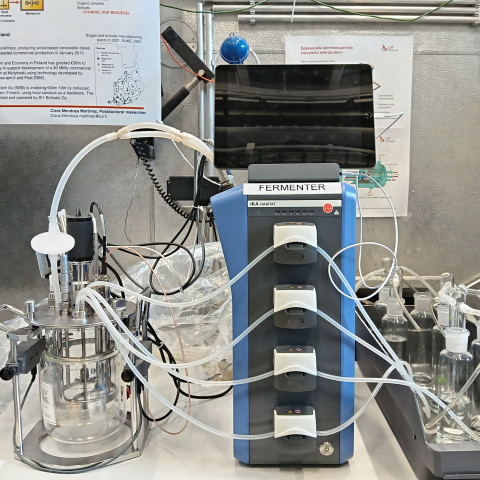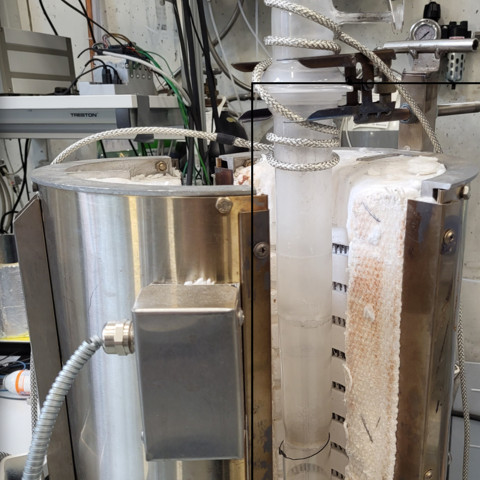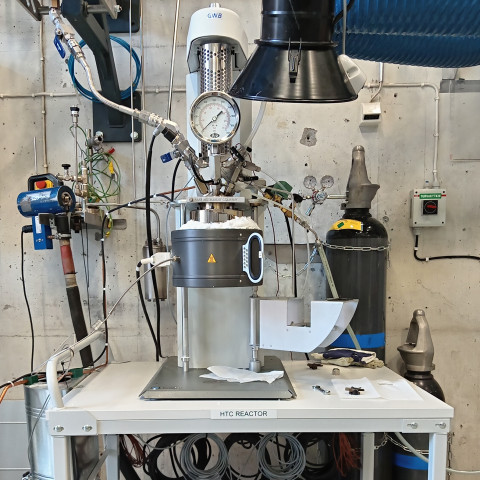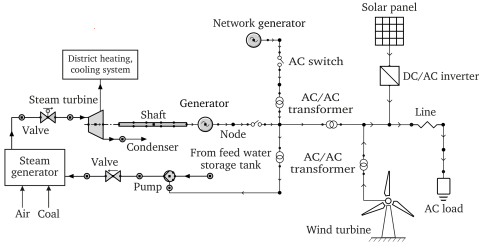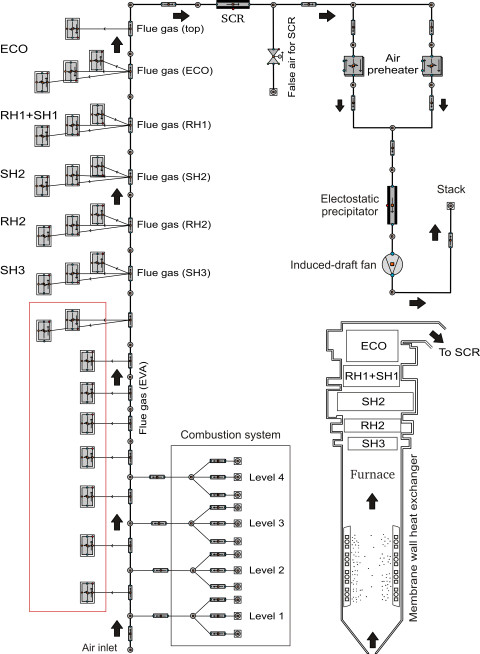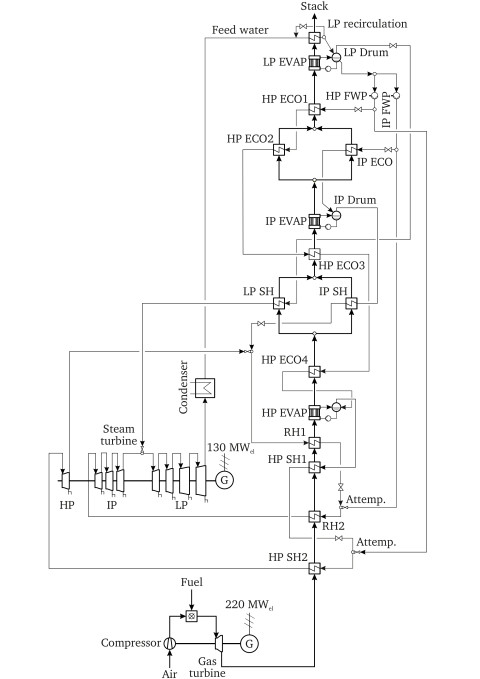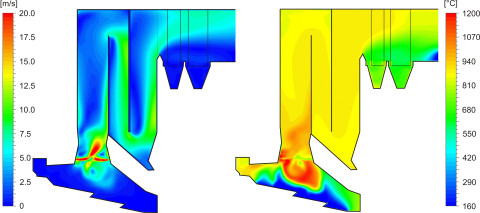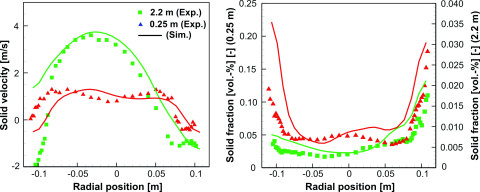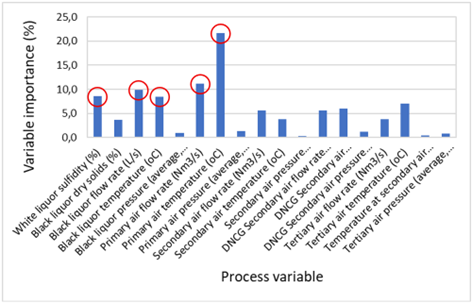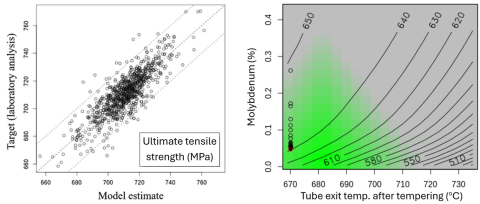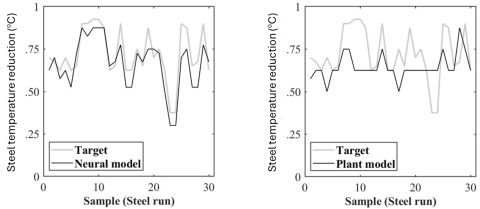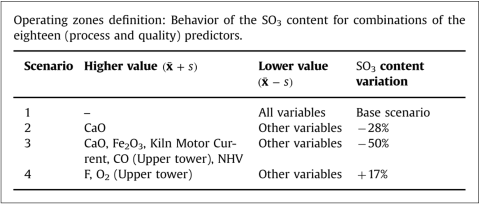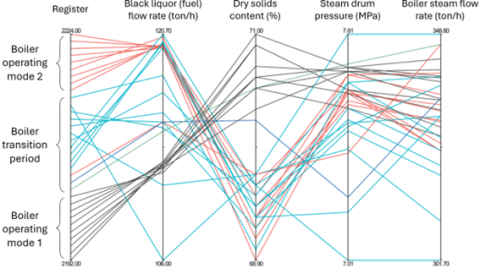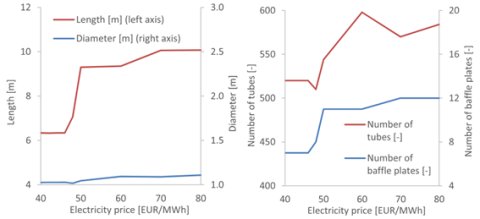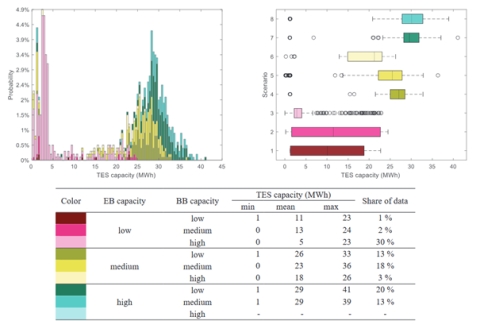We develop solutions for renewable energy, including biomass, solar and wind power, to enable a reliable energy transition. Our carbon capture research uses novel methods such as oxyfuel combustion, chemical looping and amine scrubbing to reduce emissions and reuse carbon dioxide. Advanced energy storage systems such as Power-to-X and thermal energy storage improve flexibility and grid stability. We also innovate pulp and paper mills as well as power plant technologies to improve efficiency. We support the effective use of solid fuels such as waste materials for electricity and heat generation as well as the synthesis of chemicals and fuels. We also use artificial intelligence to create efficient, sustainable energy systems.
Research areas
- Energy storage systems (e.g. thermal energy storage, gravity batteries and power-to-X)
- Renewable energy sources (e.g. biomass, solar energy, wind power)
- Pulp and paper mills (wood-based processes and innovative stone paper)
- Polygeneration and power plant technology (combined cycle power plants and fluidized bed)
- Carbon capture and utilization (oxyfuel combustion, chemical-looping/carbonate-looping, amine scrubbing)
- Biochemical and thermochemical conversion processes for solid fuels (e.g. waste, wind turbine blades, biomass, pulp mill sludge and refuse-derived fuels)
- Process and CFD simulations with AI driven optimizations
Experimental Facilities
Running own laboratories and operation of various experimental rigs
The Research Center for Carbon Capture and Utilization
Energy Storage Laboratories
Chemical Laboratories
Numerical Methods
We specialize in steady-state and dynamic process simulations, 3D CFD modeling, mathematical and AI based optimization.
A 20 years of experience in process and CFD simulations, dealing with various technologies (e.g. power generation, pulp mills, cement industry, desalination, waste incineration and metal industry).
Involved with international partners such as Siemens, GE, Doosan, Uniper, Andritz, Sumitomo SHI and Outotec


